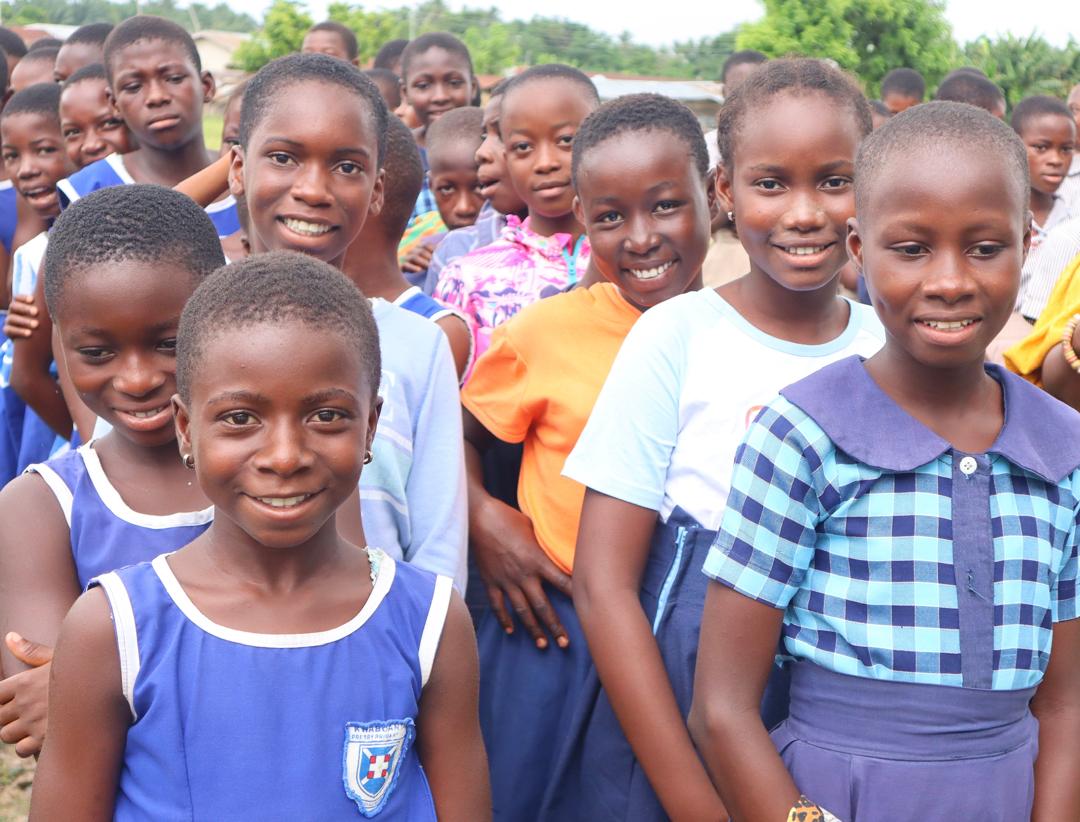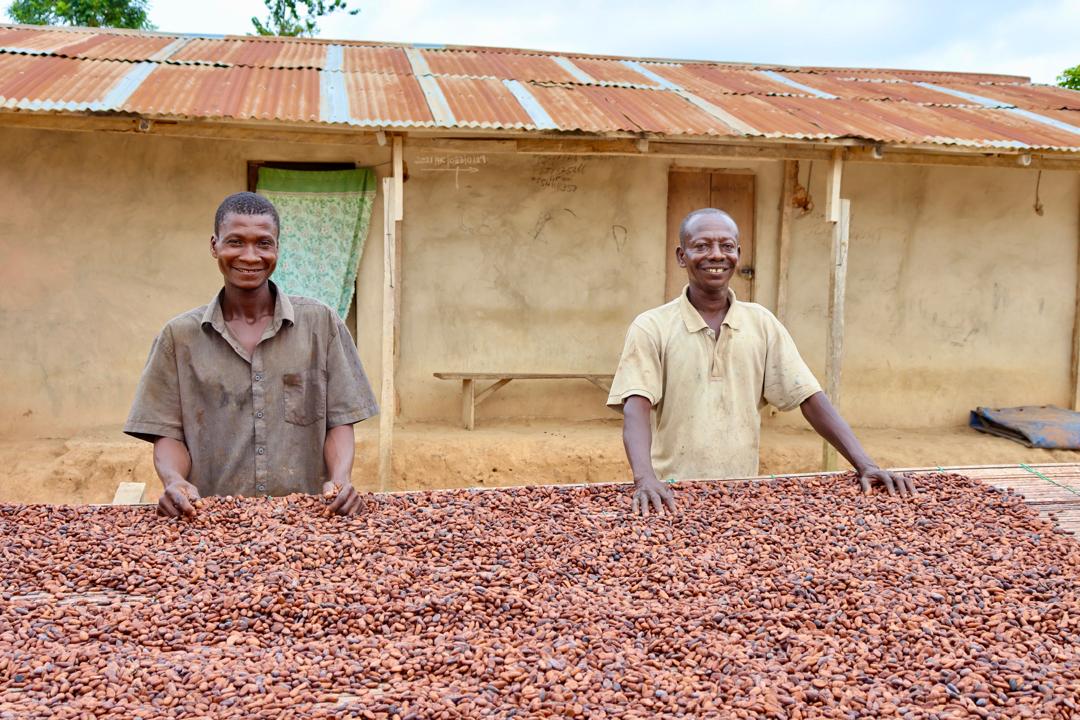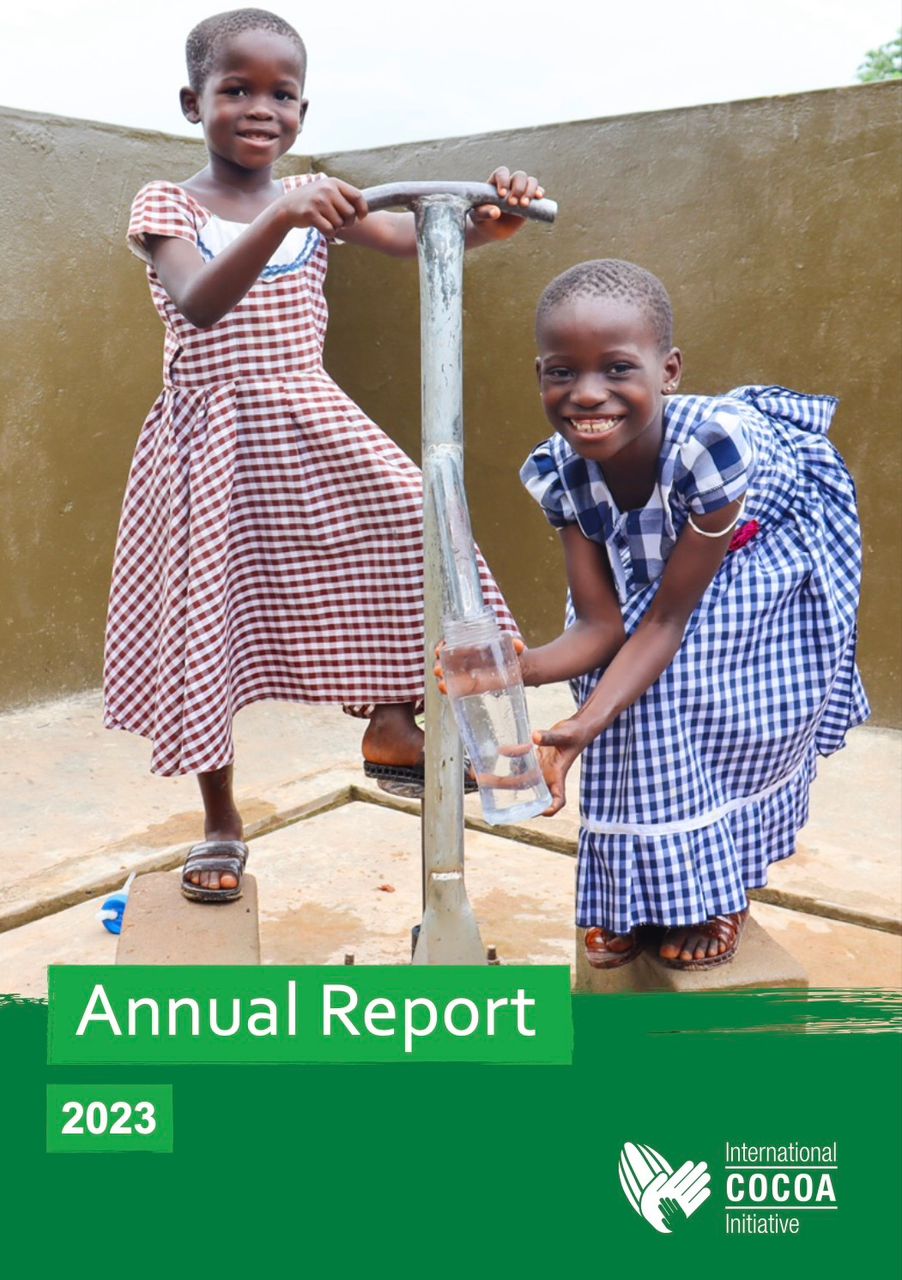
Bad cocoa harvests in West Africa and higher costs of living and production, are exacerbating farmer
vulnerabilities, making it even more critical to provide support to cocoa farming families, according to ICI’s
Executive Director Matthias Lange.
The International Cocoa Initiative’s 2023 Annual Report, launched June 17, highlights the organisation’s work
to tackle child labour and forced labour in the cocoa sector. Activities throughout the year supported three
strategic objectives – responsible cocoa supply chains, a supportive enabling environment and coordinated
approaches.

Responsible supply chains
By the end of 2023, over 320,000 households were covered by Child Labour Monitoring and Remediation
Systems (CLMRS), implemented or supported by ICI. CLMRS are systems designed to identify, address and
prevent child labour. Within the system a CLMRS agent visits households, raises awareness of the dangers of
child labour, and identifies children engaged in hazardous work.
If a child is found in child labour, they are recorded in the system and support is provided to the child, their family and/or community. Support is tailored to the situation and needs of each family and can include targeted awareness raising, school improvements, tutoring, adult education, additional income, and help to access adult labour. When implemented well, these systems can be highly effective with 41% of supported children stopping hazardous work.
In addition, to implementing these systems directly, the organisation is increasingly supporting others to put
them in place, in order to drive their scale-up and ensure more cocoa-farming households can be supported.
“It is great to see significant scale up by our members across industry and civil society in West Africa.

This is a significant achievement, and one on which we are happy to build, as we continue to collectively strengthen the effectiveness and improve the impact of these systems and advance the way child labour and forced labour are
tackled in the cocoa sector,” explained ICI Executive Director, Matthias Lange.
“While no single system (nor one actor alone) can end child labour, CLMRS have demonstrated their
effectiveness. Along with complementary approaches, and an enabling environment, they play an important
role in tackling the issue,” he added.

An enabling environment and coordinated approaches
Responsible supply chains are only part of the solution. An enabling environment of policies, standards and
regulation that help tackle child labour and forced labour is key and in 2023, ICI continued to work in policy and
advocacy to this end.
“Throughout the year we continued to advocate for ambitious and harmonised human rights due diligence
legislation within the European Union. At the time of publication, the EU Corporate Sustainability Due Diligence
Directive (CS3D) has just been accepted. This Directive requires companies to know what is happening in their
supply chain and to address any human rights risks, and represents a great step forward in tackling child labour
and forced labour in the cocoa sector,” Lange explained.
In addition, the organisation continued to work with national authorities in Côte d’Ivoire and Ghana to reinforce
the policy and institutional framework that supports efforts to tackle child labour and forced labour, for example
collaborating with various ministries to strengthen referral pathways and the provision of social services.
Work also focused on Landscape and Referral approaches, which aim to improve functional collaboration
between multiple different actors in the same geographical area, in addition to improving the way private and
public child labour monitoring systems can work together.
“As we know, no one actor alone can solve the problem of child labour or forced labour. Collaboration and
coordination is the key to success”, underlined Lange.
Visit here for more on ICI
https://www.cocoainitiative.org/about-us/annual-reports



